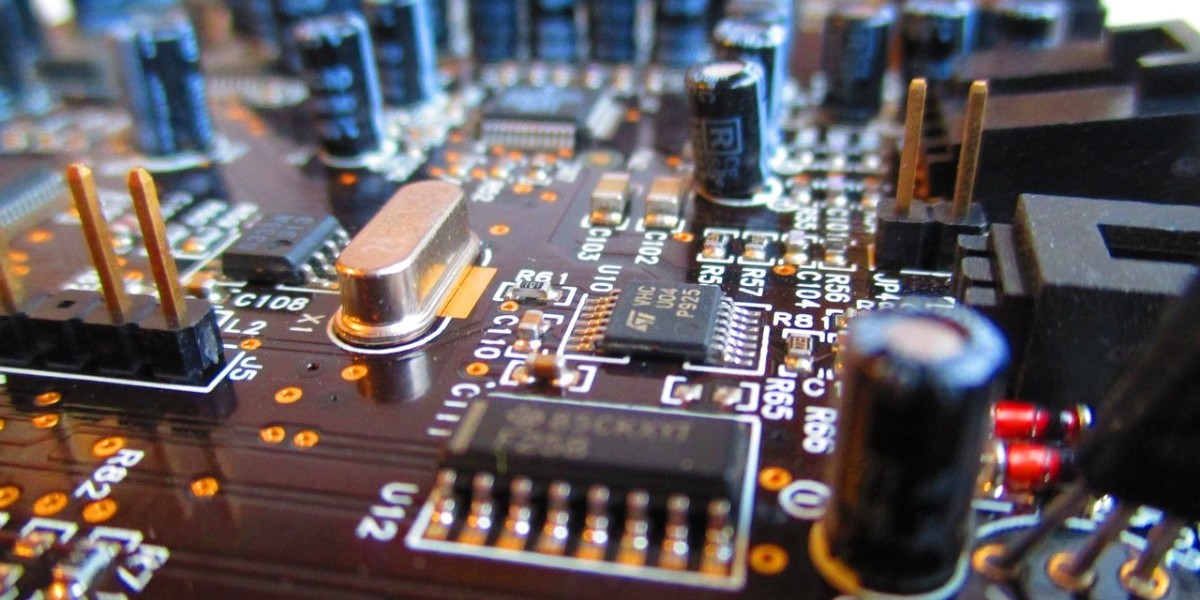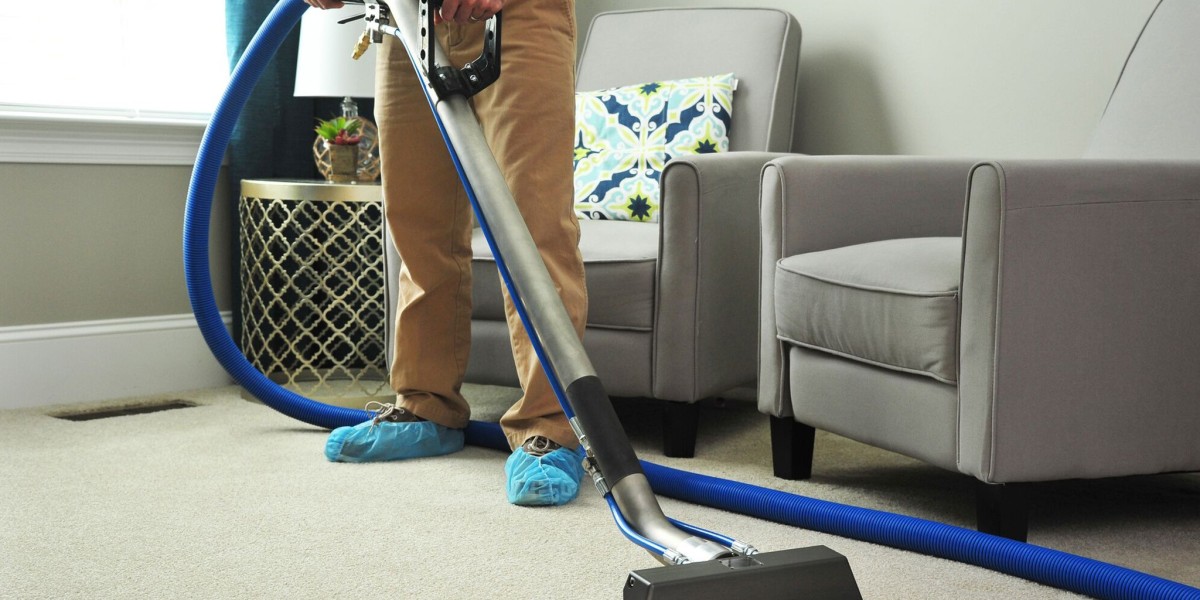The timeline for a PCB fabrication assembly can vary depending on the complexity of the design, the type of board, and the production scale. Understanding this process is crucial for planning, budgeting, and meeting project deadlines. More Pcb, a trusted provider of high-quality PCB solutions, ensures efficient fabrication and assembly processes to meet client requirements without compromising quality.
Factors Affecting PCB Fabrication Assembly Time
Several factors influence the duration of the PCB fabrication assembly process. The first is the complexity of the board itself. Single-layer boards with simple layouts take less time to produce than multi-layer boards with intricate routing. The number of components, type of components, and board size also play a role. High-density designs or boards with fine-pitch components require more precise handling and additional quality checks, which can extend the production timeline.
Another factor is the type of assembly process. Surface-mount technology (SMT) assemblies are generally faster because automated machines can place components quickly and accurately. Through-hole technology, on the other hand, often involves manual soldering, which increases the time required for assembly. Hybrid boards that use both SMT and through-hole components can further affect the total time.
Standard PCB Fabrication Assembly Timeline
For a typical PCB fabrication assembly, the process usually follows several key stages:
- Design Verification and Preparation: Before production begins, engineers review the design files, check for errors, and ensure that the specifications match the client’s requirements. This stage generally takes 1–3 days.
- PCB Fabrication: The actual fabrication of the board includes layering, etching, drilling, and plating processes. Single-layer boards can be completed in 1–3 days, while multi-layer boards may take 5–10 days, depending on complexity.
- Component Sourcing and Preparation: Components are sourced and prepared for assembly. Lead times for certain components may affect this stage, sometimes adding a few days.
- Assembly Process: The PCB fabrication assembly involves placing components on the board and soldering them. SMT assembly is fast and often takes 1–2 days for standard boards, whereas through-hole assembly may take longer.
- Quality Control and Testing: After assembly, boards undergo inspection, functional testing, and reliability checks. This stage ensures the final product meets standards. Quality control typically adds 1–3 days.
Overall, a standard PCB fabrication assembly can take anywhere from 1–2 weeks for simple boards to 3–4 weeks for complex, multi-layer designs. Expedited services from trusted providers like More Pcb can reduce these timelines without compromising quality.
PCB Board Uses Influence Assembly Complexity
The end use of a PCB board also affects the assembly process. Boards used in consumer electronics may have tighter production schedules and higher volume, requiring fast, automated assembly. Industrial or medical boards often demand stricter quality standards and may include additional testing steps, extending the timeline. Understanding the specific PCB board uses helps manufacturers like More Pcb plan assembly processes efficiently to meet project needs.
Tips to Speed Up PCB Fabrication Assembly
To minimize delays, it’s important to provide accurate design files, choose readily available components, and work with experienced manufacturers. More Pcb helps clients streamline the entire PCB fabrication assembly process, offering guidance on design optimization, component selection, and production planning. Early collaboration with a trusted manufacturer can significantly reduce lead times and improve overall efficiency.
Conclusion
The time required for PCB fabrication assembly depends on factors such as board complexity, assembly type, component availability, and PCB board uses. Simple boards may be completed in a week, while complex boards can take several weeks. Working with an experienced provider like More Pcb ensures high-quality fabrication and assembly, optimized timelines, and reliable results for any electronic project.













